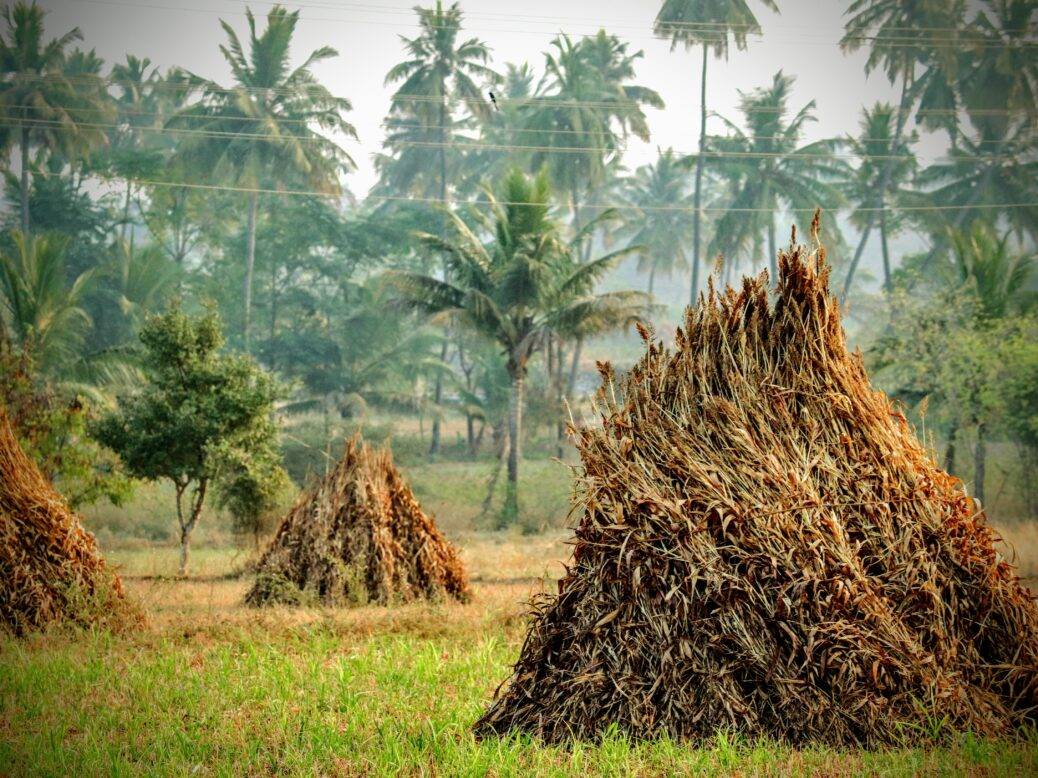
JSW Cement, a part of the US$ 13 billion JSW Group, has signed an MoU with Punjab Renewable Energy Systems Pvt. Ltd (PRESPL) to utilize agricultural waste as biomass energy in its cement production operations.
"The circular economy principle is built into our company strategy." "We made a small start last year, meeting roughly 5% of our fuel requirements using different fuels," said Parth Jindal, Managing Director of JSW Cement.
According to the MOU, Punjab Renewable Energy Systems would create a sustainable supply chain of agricultural waste to be used as biomass energy in JSW Cement's clinkerization and grinding processes at its manufacturing sites.
The MOU is an important step for JSW Cement in its efforts to provide sustainable cement products with the lowest possible carbon emissions. JSW Cement, a member of the Global Cement and Concrete Association (GCCA), has committed to meeting the 'Climate Ambition 2050' goal of producing carbon-neutral concrete by 2050.
In addition, the corporation intends to cut its carbon emissions intensity by nearly half over the next 11 years (from FY15 to FY26). The utilization of biomass as a fuel source is a key component of this decarbonization strategy.
"The biomass-based fuel model will help JSW Cement in addressing three essential components of sustainability, namely the environment, the social, and the economic." "Agri-waste is typically burned in open fields, affecting the air quality in the surrounding area," the company said in a statement on Wednesday.
JSW Cement will use agri-waste as fuel to minimize its reliance on coal and reduce carbon emissions. This fuel model will also assist farms to generate electricity while improving the ambient air quality of the surrounding area.










